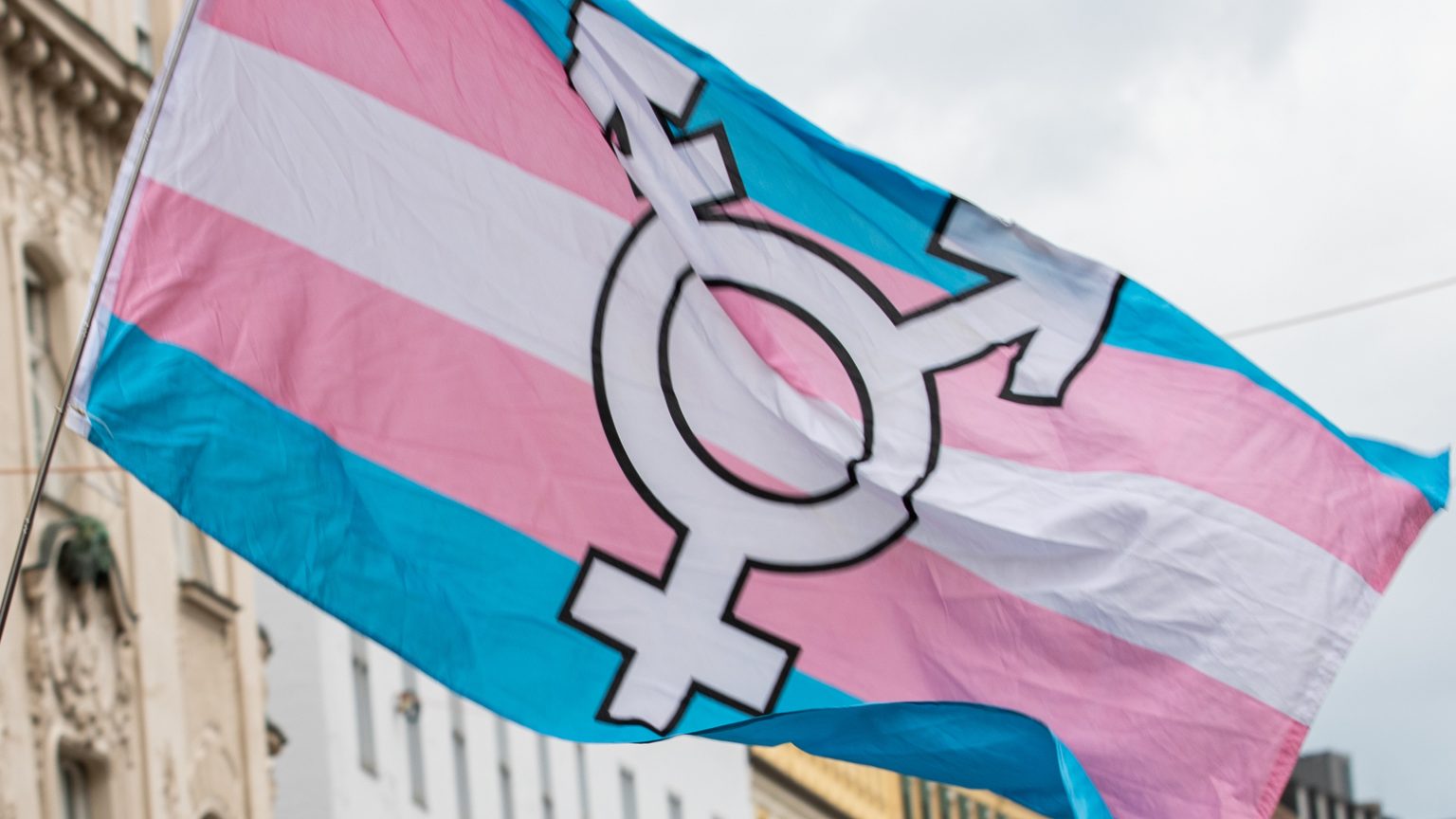The New Hampshire senate recently passed a bill that would prevent transgender athletes in grades 5-12 from competing against the gender they identify as. Supporters of the legislation argued that it was necessary to protect girls from potential injuries caused by larger and stronger transgender athletes. Senate President Jeb Bradley, a Republican from Wolfeboro, stated that biological boys have an advantage over biological girls, and the goal is to prevent creating rights for one group at the expense of another. Democrats who opposed the bill dismissed it as fear-mongering, pointing out that there are only five transgender girls in New Hampshire who are athletes. They argued that the bill would harm marginalized transgender girls instead of protecting them.
The passing of this bill follows similar actions in other states, such as Arkansas, where Governor Sarah Sanders signed an executive order in response to President Biden’s new Title IX regulations aimed at protecting transgender athletes. At least 20 states have approved bans on transgender athletes playing on K-12 and collegiate sports teams statewide, but a Biden administration rule is set to take effect to prevent such outright bans. In New Hampshire, the Senate had previously passed a bill to ban transgender girls from participating on sports teams at both high school and college levels, but it was defeated in the House. In response, six states filed a lawsuit against the Department of Education over the overhaul of Title IX, with Tennessee Attorney General Jonathan Skrmetti and Kentucky Attorney General Russell Coleman spearheading the efforts.
The debate over transgender participation in sports has intensified in recent years, with many states taking opposing stances on the issue. While some argue that transgender athletes should be allowed to compete according to their gender identity to promote inclusivity and equality, others claim that allowing them to do so poses unfair advantages and safety risks for cisgender athletes. The passing of the bill in New Hampshire reflects a growing trend in states implementing restrictions on transgender athletes in sports, with ongoing legal battles and policy changes at both the state and federal levels. The controversy surrounding transgender athlete participation in sports is likely to continue as more states and the federal government grapple with finding a balance between fairness, equality, and safety in athletic competition.
The legislation in New Hampshire highlights the underlying tensions and conflicting viewpoints surrounding transgender rights in society. While some see the bill as necessary to protect the integrity of women’s sports and prevent potential harm to female athletes, others view it as discriminatory and harmful to marginalized transgender individuals. The broader implications of such policies extend beyond sports and raise questions about the rights of transgender individuals in various aspects of society. As the debate continues to unfold at the state and federal levels, it underscores the complex and sensitive nature of issues related to gender identity, equality, and fairness. The outcome of these legislative battles will have lasting effects on the rights and opportunities available to transgender individuals, shaping the landscape of sports and inclusivity in the years to come.



